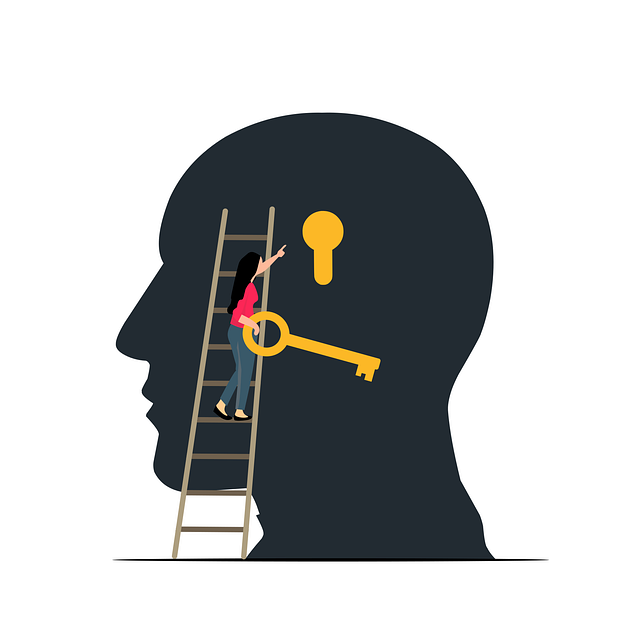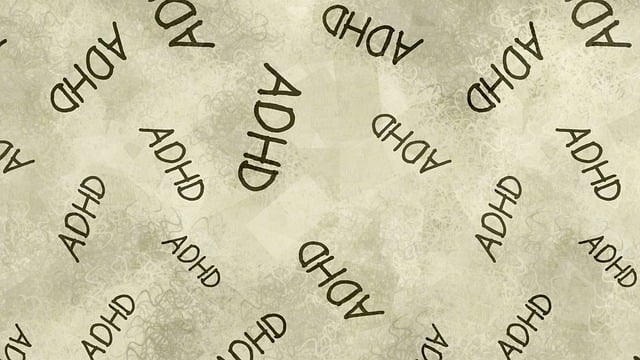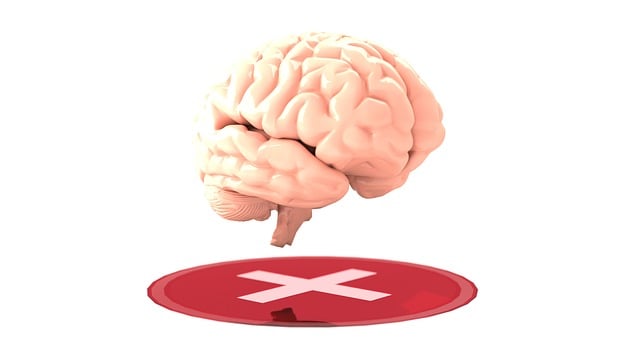Westminster Bipolar Disorder Therapy emphasizes emotion regulation as a cornerstone of successful mental health treatment, empowering individuals to manage their emotions through identifying triggers, implementing self-care routines, and utilizing cognitive strategies. This approach incorporates mindfulness practices, meditation, CBT, and mood monitoring to improve mood stability, reduce depression, and enhance overall well-being, fostering emotional resilience for long-term mental health.
Emotion regulation techniques are essential tools in managing conditions like bipolar disorder, offering individuals greater control over their emotional responses. This article explores effective strategies inspired by the Westminster Bipolar Disorder Therapy approach. We delve into understanding the foundation of emotion regulation, identifying triggers, cognitive restructuring, mindfulness practices, and behavioral interventions. By mastering these techniques, individuals can navigate emotional challenges more effectively, leading to improved mental well-being and overall life satisfaction.
- Understanding Emotion Regulation: The Foundation of Westminster Bipolar Disorder Therapy
- Identifying Triggers: A Key Component in Teaching Emotional Control
- Cognitive Strategies: Rewiring the Mind for Better Emotional Management
- Mindfulness and Meditation: Cultivating Present-Moment Awareness for Mental Balance
- Behavioral Interventions: Practical Techniques to Enhance Mood Stability
Understanding Emotion Regulation: The Foundation of Westminster Bipolar Disorder Therapy

Emotion regulation is a cornerstone of effective mental health treatment, especially for those managing bipolar disorder. The Westminster Bipolar Disorder Therapy approach emphasizes understanding and managing emotions as a key to stabilizing mood and mitigating symptoms. This therapeutic method goes beyond mere symptom relief by focusing on empowering individuals to develop strategies for recognizing and responding to their emotional experiences.
By integrating emotion regulation techniques, mental health professionals can assist clients in navigating the complex landscape of bipolar disorder. This involves teaching skills for depression prevention and risk management planning, which are crucial components in maintaining mental wellness. The Westminster approach encourages a proactive mindset, where individuals gain tools to anticipate and effectively cope with emotional triggers, thereby enhancing their overall well-being and quality of life.
Identifying Triggers: A Key Component in Teaching Emotional Control

Identifying triggers is a fundamental step in teaching individuals to regulate their emotions effectively. This process involves helping people recognize and understand the specific situations, thoughts, or feelings that often lead to intense emotional reactions. In Westminster Bipolar Disorder Therapy, for instance, patients learn to identify their personal triggers, which can range from stressful life events to certain environmental cues or even particular people. Once these triggers are identified, individuals can start to develop strategies to manage and respond to them in a healthier way.
By understanding their triggers, people can proactively work on risk management planning, as suggested for mental health professionals. This includes implementing self-care routines for better mental health, such as regular exercise, adequate sleep, and mindfulness practices. Moreover, fostering self-esteem improvement techniques can empower individuals to navigate through emotional challenges more resiliently, ensuring they have the tools to maintain emotional control in various situations.
Cognitive Strategies: Rewiring the Mind for Better Emotional Management

Cognitive strategies are a powerful tool for individuals seeking to manage their emotions effectively. This involves rewireing the mind to challenge and change unhelpful thought patterns that can contribute to emotional dysregulation. By identifying and questioning negative or distorted beliefs, one can gain a more balanced perspective, leading to improved emotional control. Techniques such as cognitive restructuring, mindfulness, and positive self-talk are integral to this process. For instance, in cases of depression prevention, these strategies help individuals recognize and replace negative thought cycles with more realistic and positive ones, thereby enhancing their overall well-being.
Westminster Bipolar Disorder Therapy often incorporates cognitive strategies into its mental health education programs design. This approach empowers individuals to develop self-care practices that promote emotional resilience. By learning to manage their thoughts and emotions, people can better navigate life’s challenges and reduce the impact of intense mood swings. Moreover, these techniques foster a sense of agency, enabling individuals to take control of their mental health journey and contribute to long-term depression prevention.
Mindfulness and Meditation: Cultivating Present-Moment Awareness for Mental Balance

Mindfulness and meditation are powerful tools that play a significant role in emotion regulation techniques teaching. By cultivating present-moment awareness, individuals can achieve mental balance and improve their overall well-being, which is particularly beneficial for those managing conditions like bipolar disorder. This practice helps to calm the mind, reducing impulsive reactions to intense emotions.
In Westminster Bipolar Disorder Therapy sessions, mindfulness exercises are often integrated into the treatment plan. These techniques encourage individuals to focus on their breath, bodily sensations, and surroundings without judgment, fostering a deeper connection with the present. Regular meditation can enhance emotional resilience, allowing individuals to better navigate stress and mood swings. Moreover, mental health professionals can utilize these practices as part of their risk assessment strategies, promoting client self-awareness and coping skills.
Behavioral Interventions: Practical Techniques to Enhance Mood Stability

Behavioral interventions play a pivotal role in teaching individuals effective emotion regulation techniques, particularly those suffering from bipolar disorder. These practical strategies aim to enhance mood stability and overall mental wellness by empowering people to manage their emotional responses. Techniques such as cognitive behavioral therapy (CBT) teach individuals to identify and challenge negative thought patterns, replacing them with more balanced perspectives. By understanding the connection between thoughts, feelings, and behaviors, those with bipolar disorder can learn to prevent impulsive actions and reduce emotional intensity.
One effective CBT technique is mood monitoring, where individuals keep a journal of their emotions, triggers, and subsequent behaviors. This practice allows for self-reflection and awareness, enabling better decision-making in the moment. Additionally, behavioral activation focuses on engaging in activities that promote positive moods while avoiding those that exacerbate symptoms. These interventions are integral components of comprehensive mental health education programs designed to prevent burnout and support long-term emotional well-being, as evidenced by recent studies in Westminster Bipolar Disorder Therapy.
Emotion regulation techniques, as showcased through Westminster Bipolar Disorder Therapy’s comprehensive approach, offer a powerful toolkit for managing mental health. By understanding the foundational principles, identifying triggers, employing cognitive strategies, embracing mindfulness, and utilizing behavioral interventions, individuals can gain significant control over their emotional well-being. These techniques not only enhance mood stability but also foster resilience, allowing folks to navigate life’s challenges with greater ease and grace.














